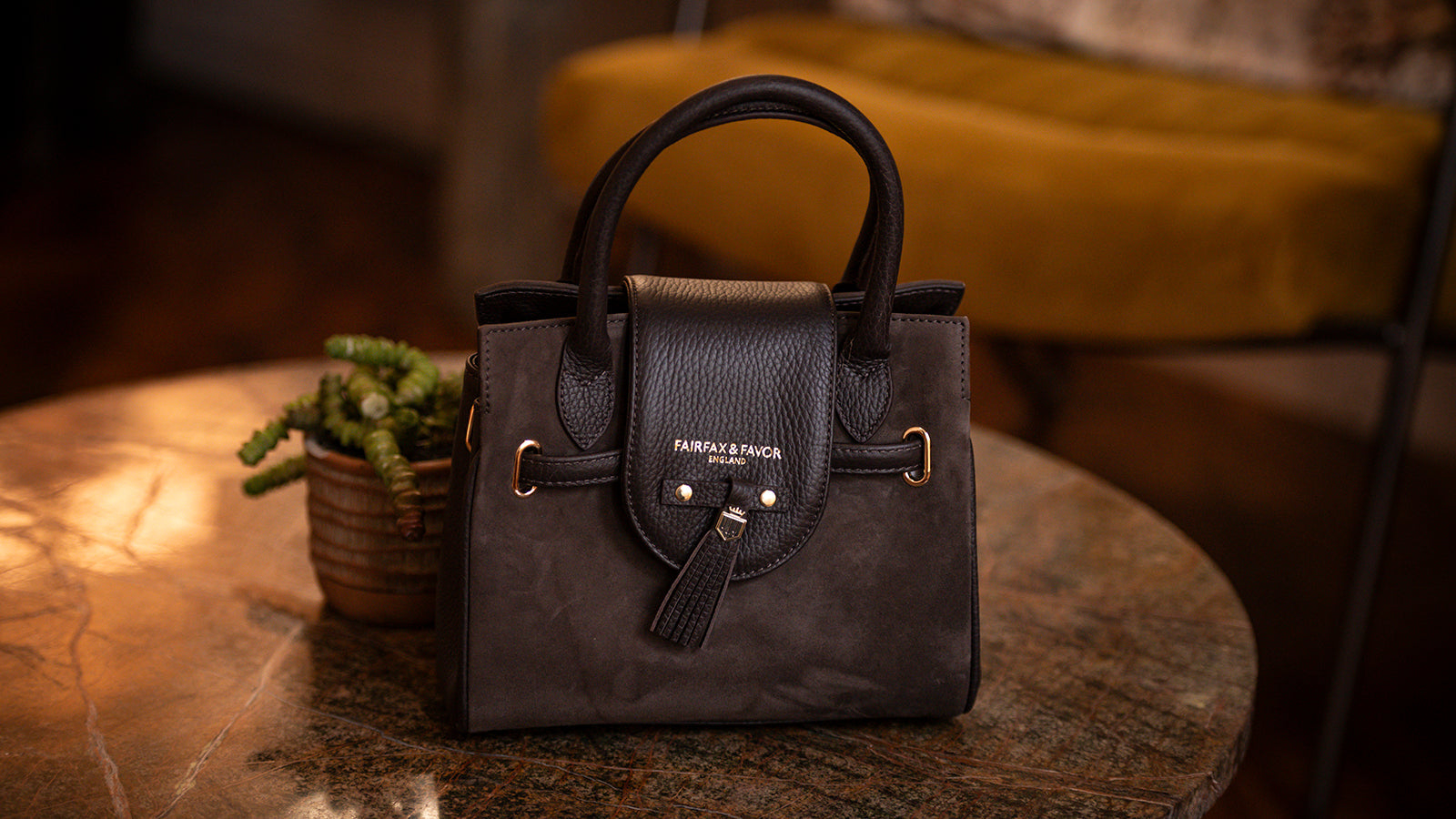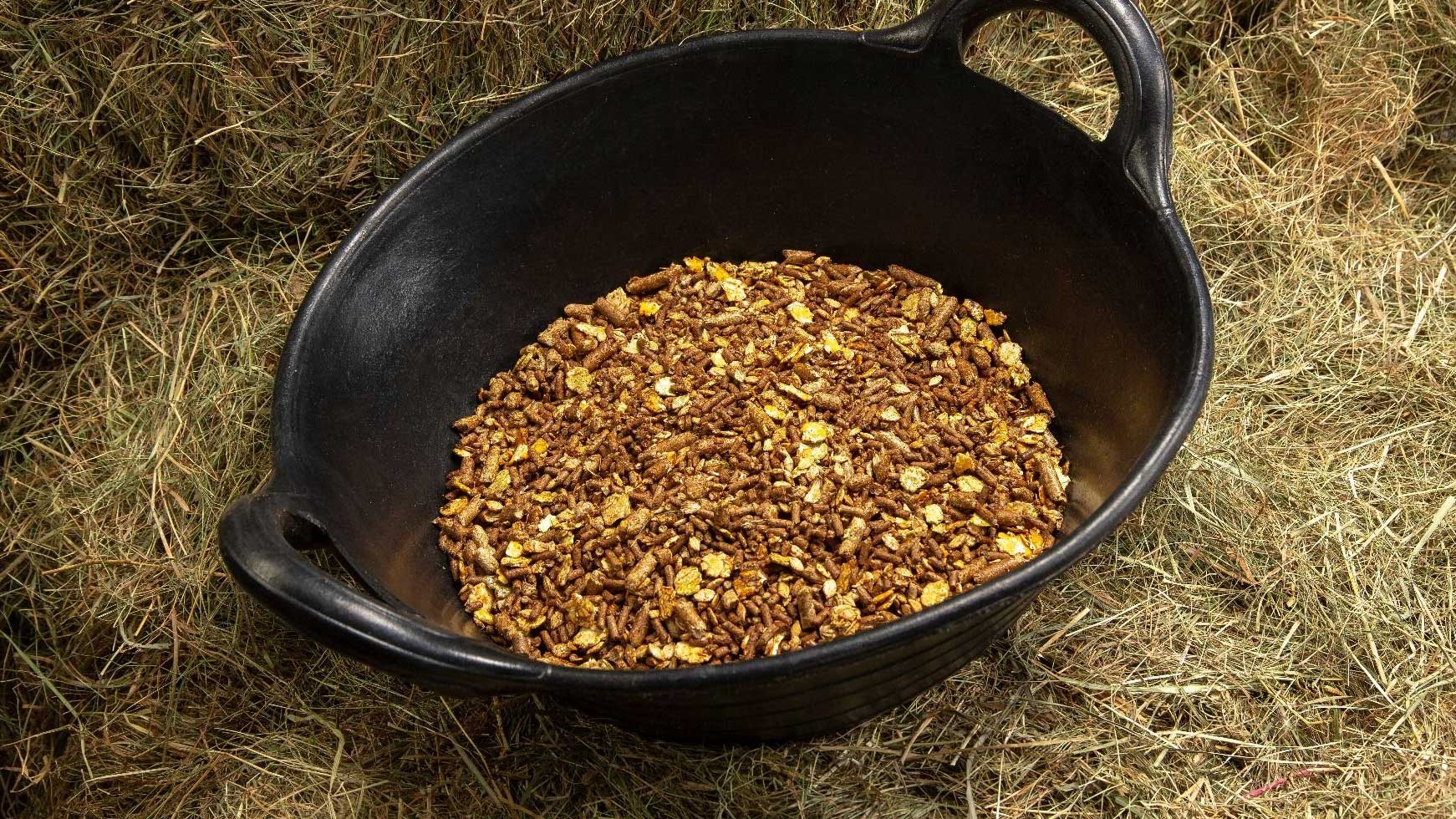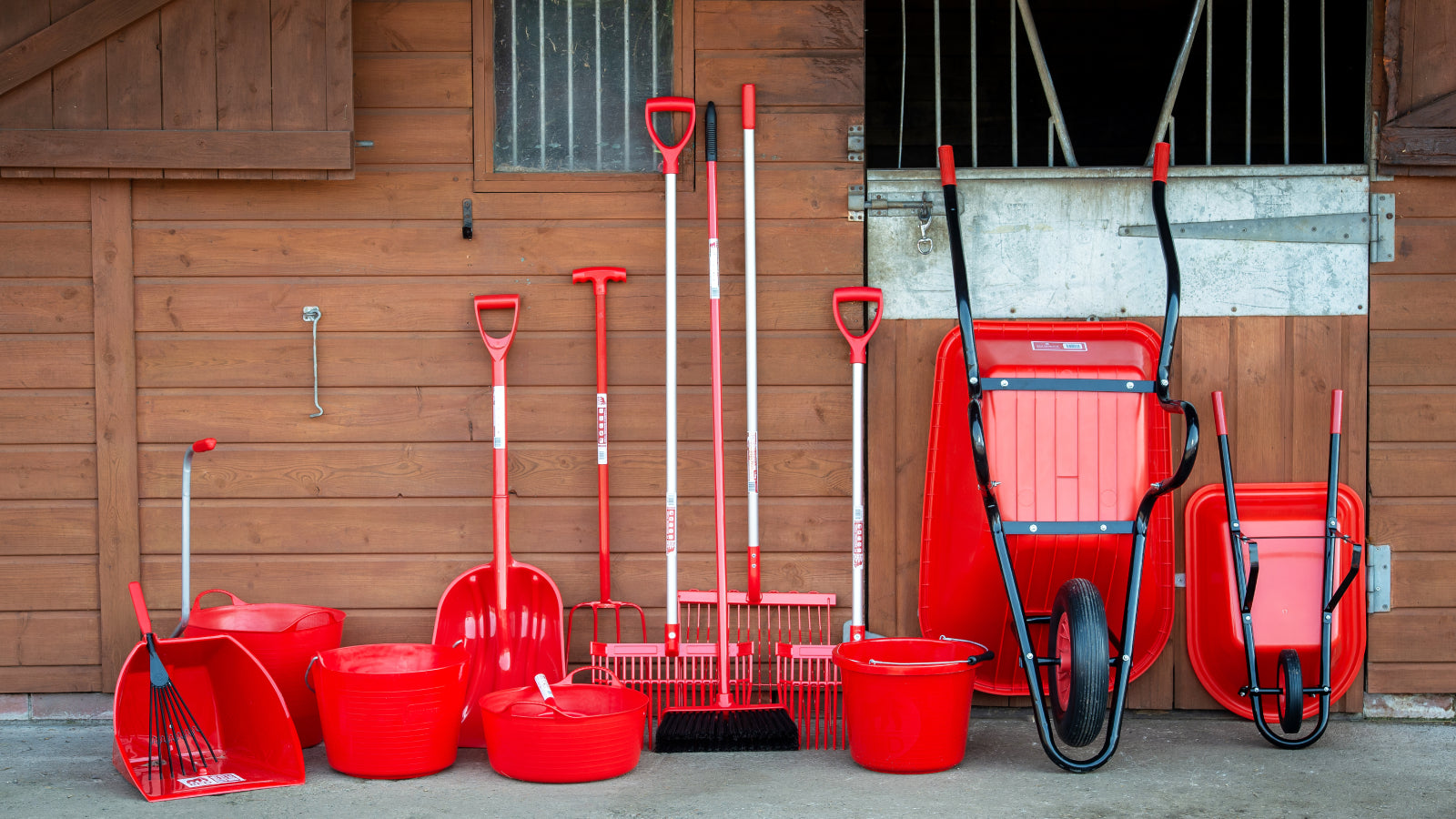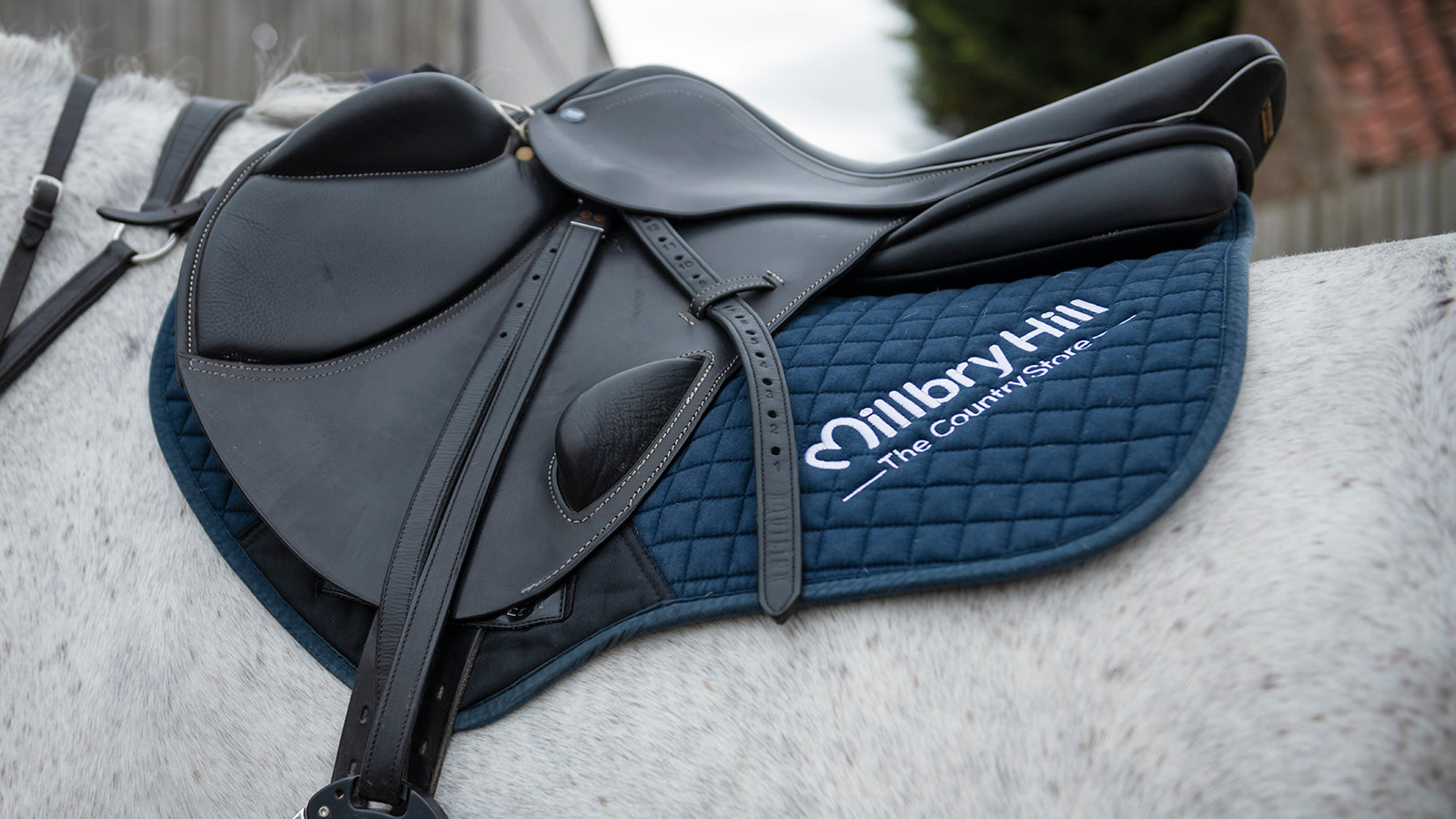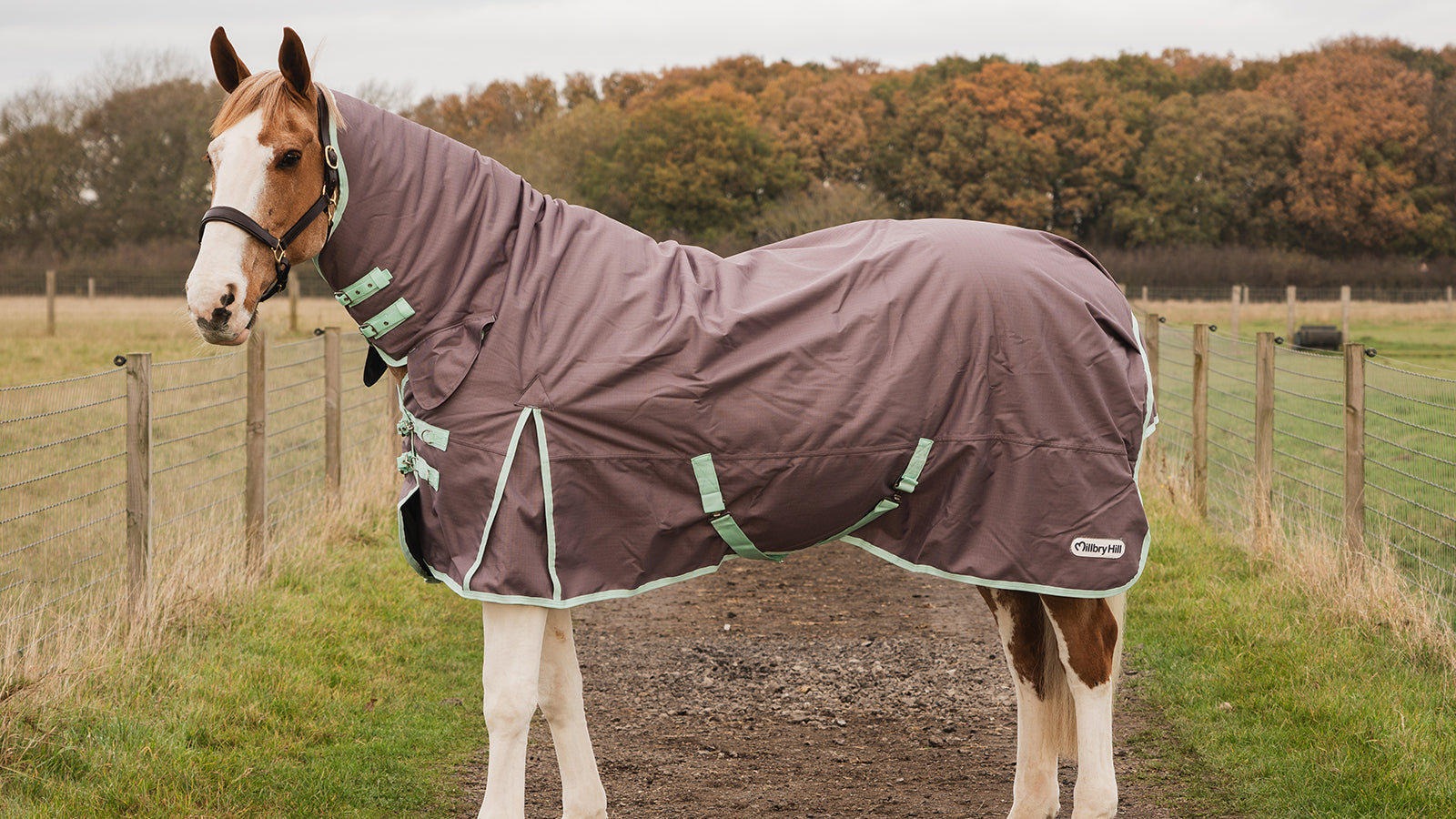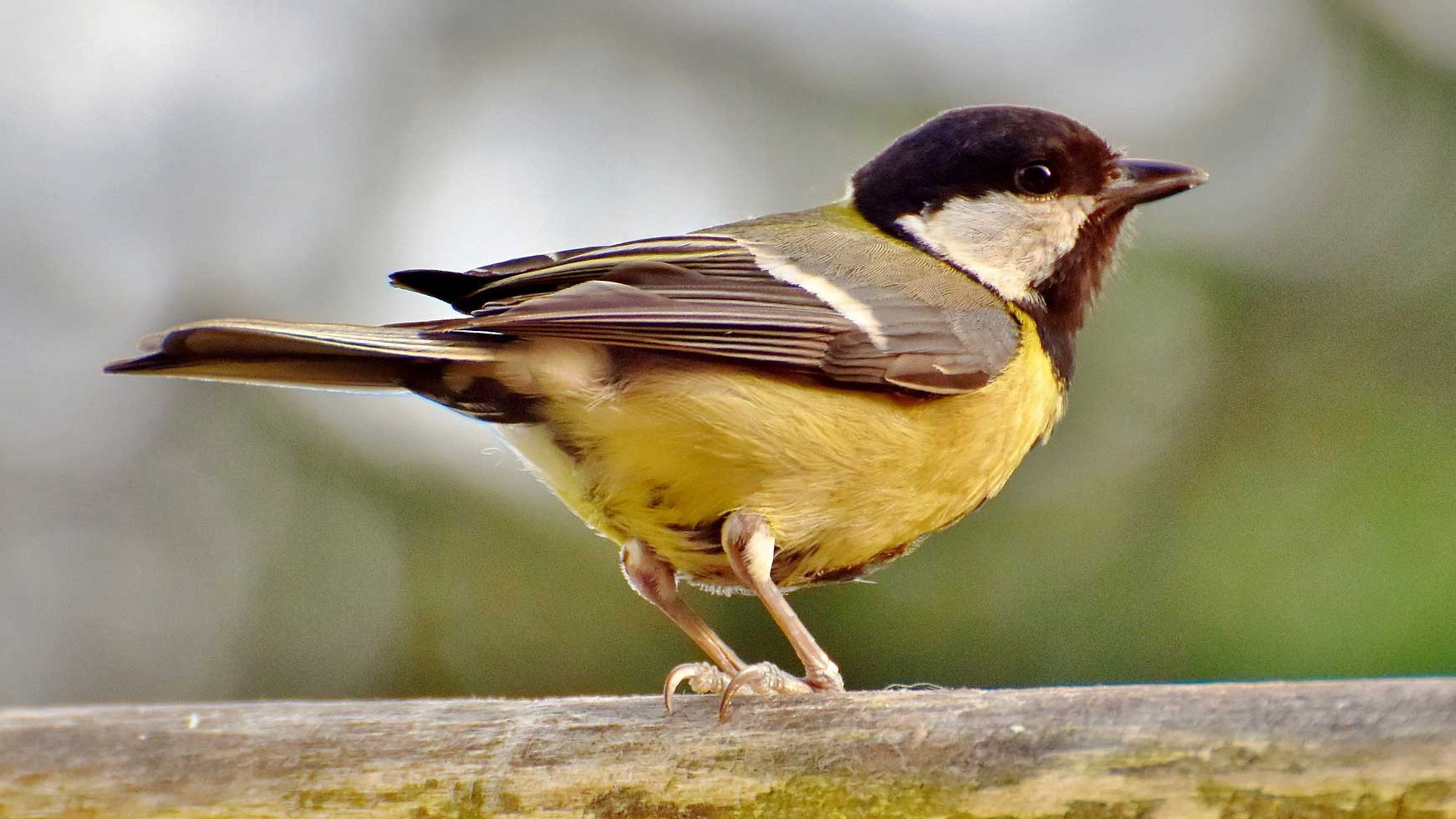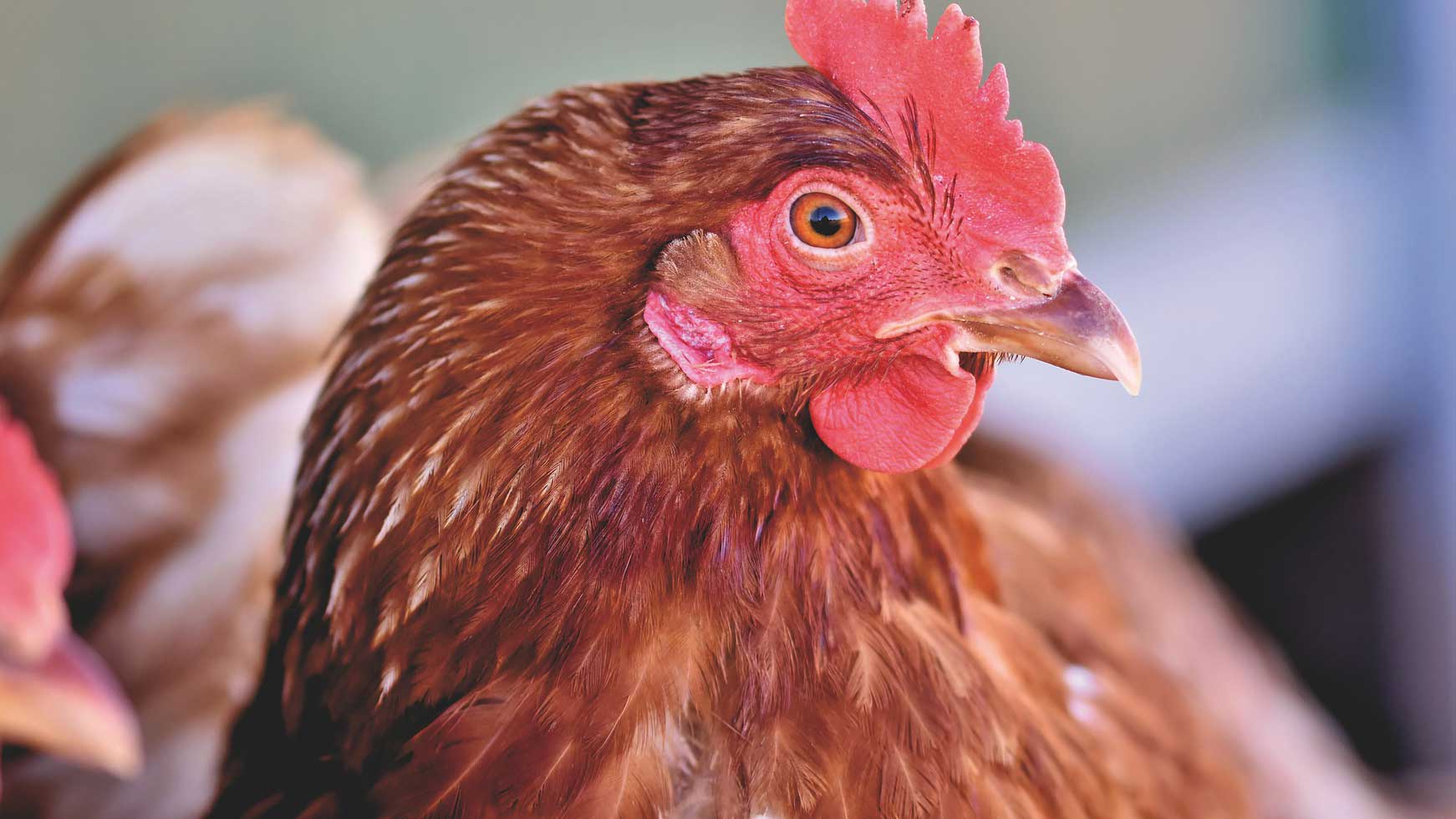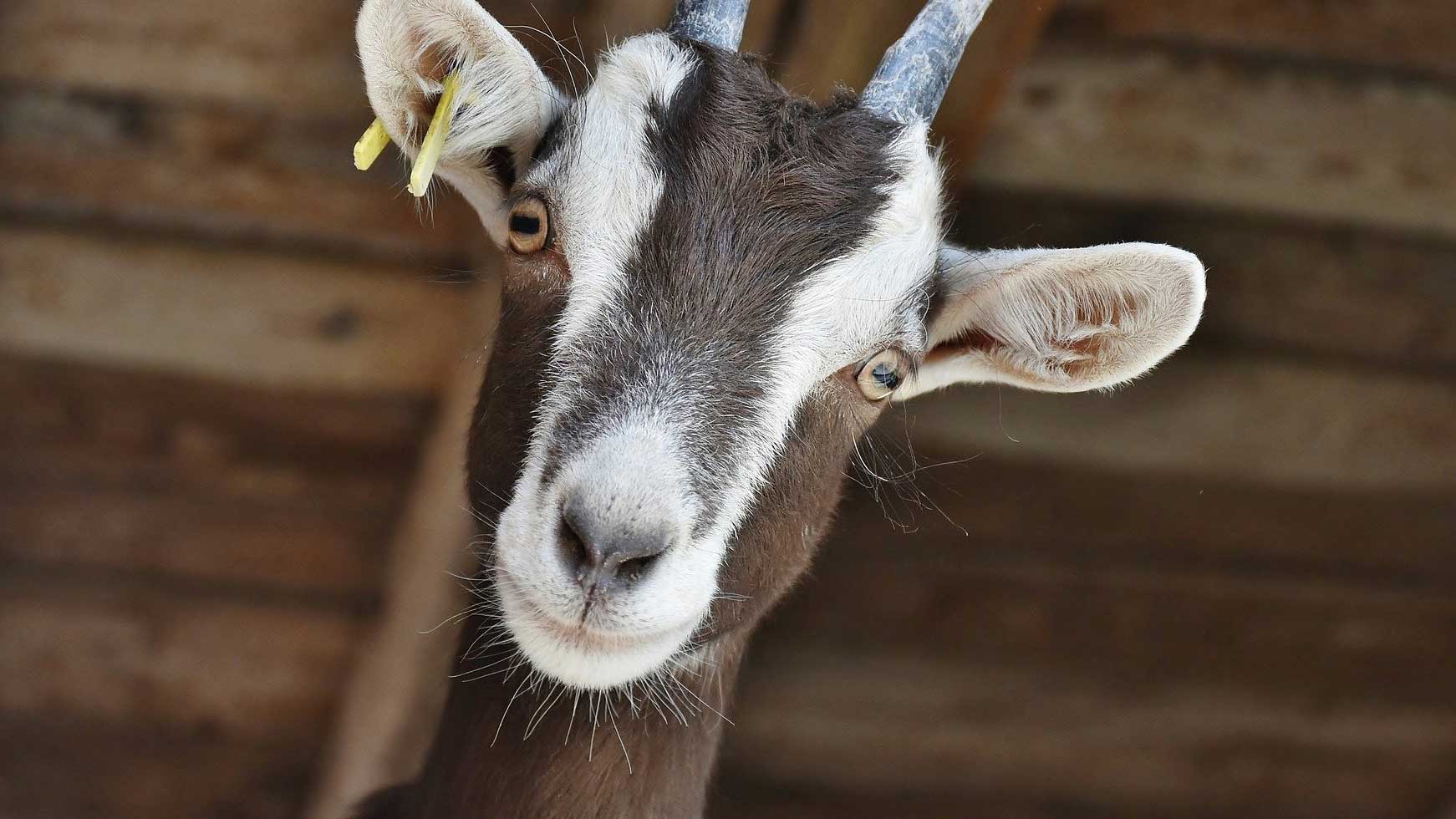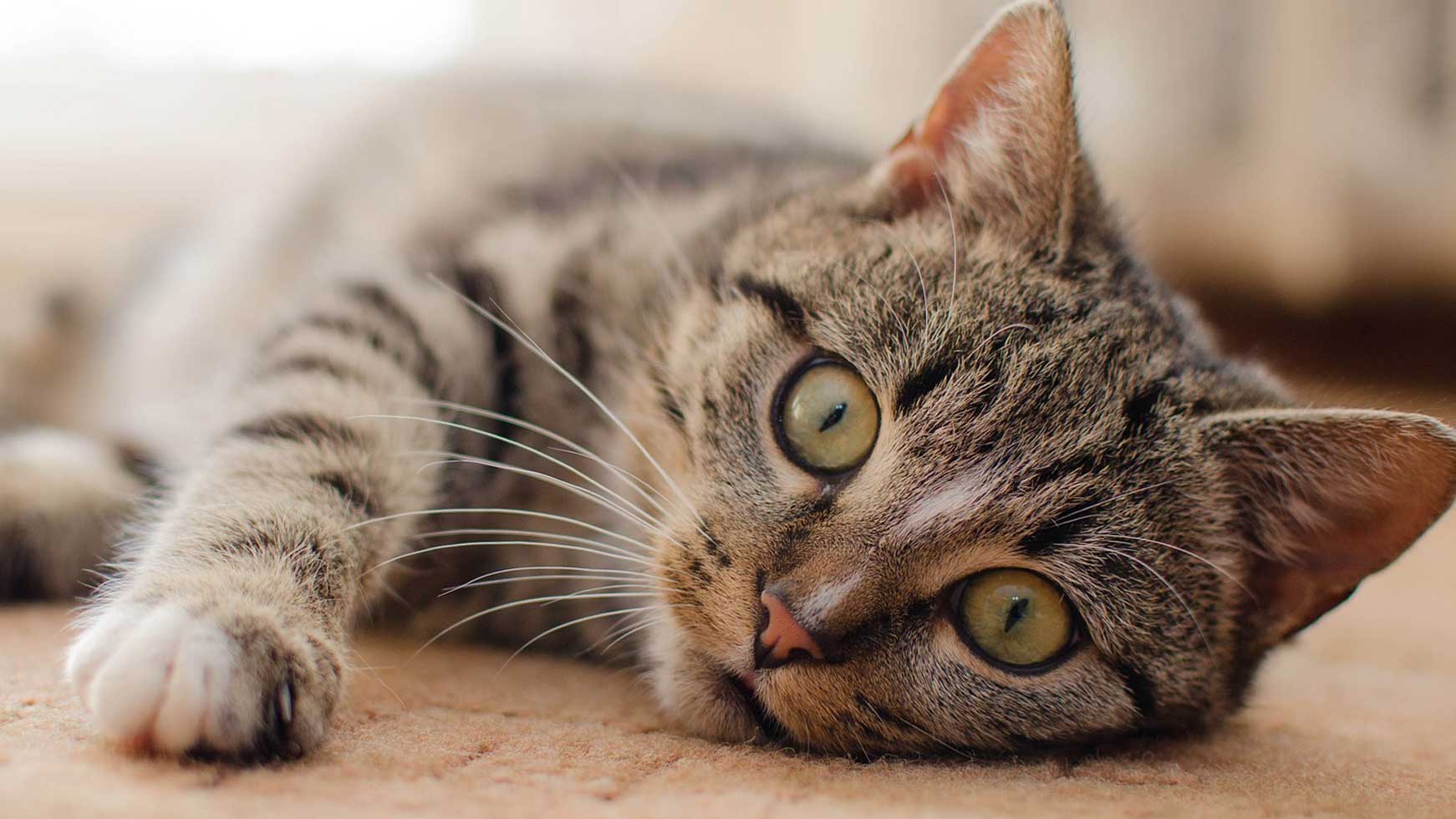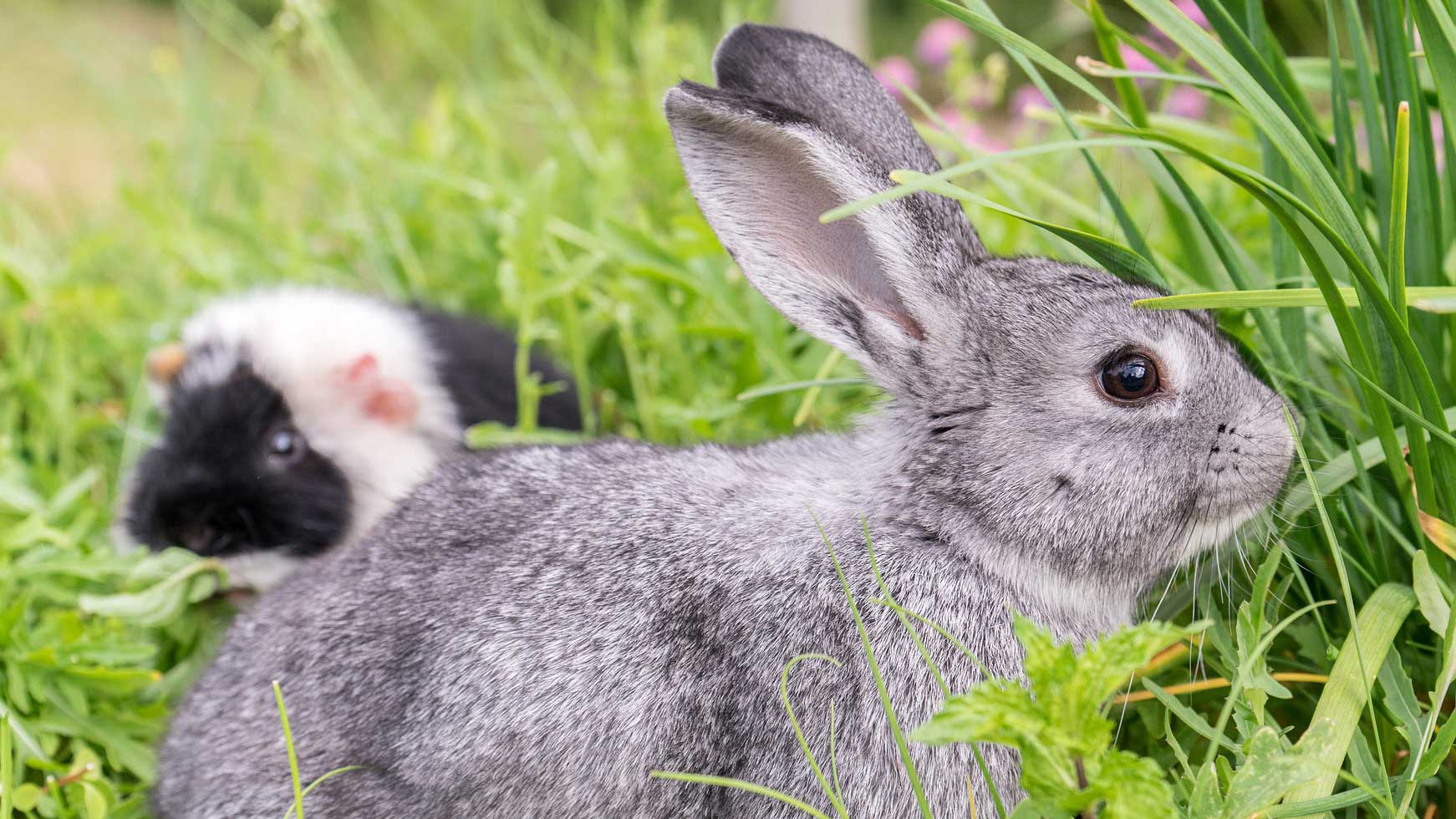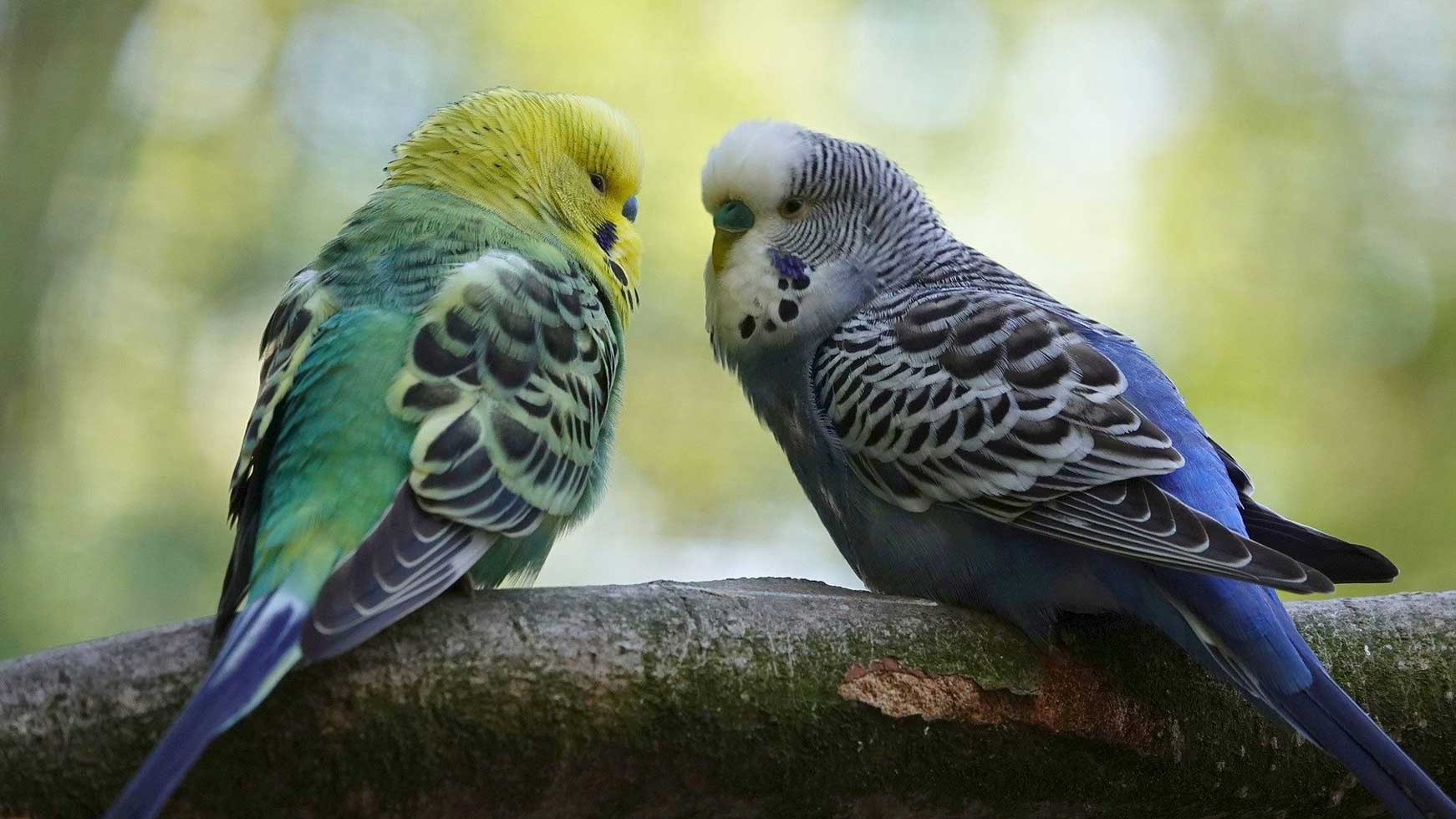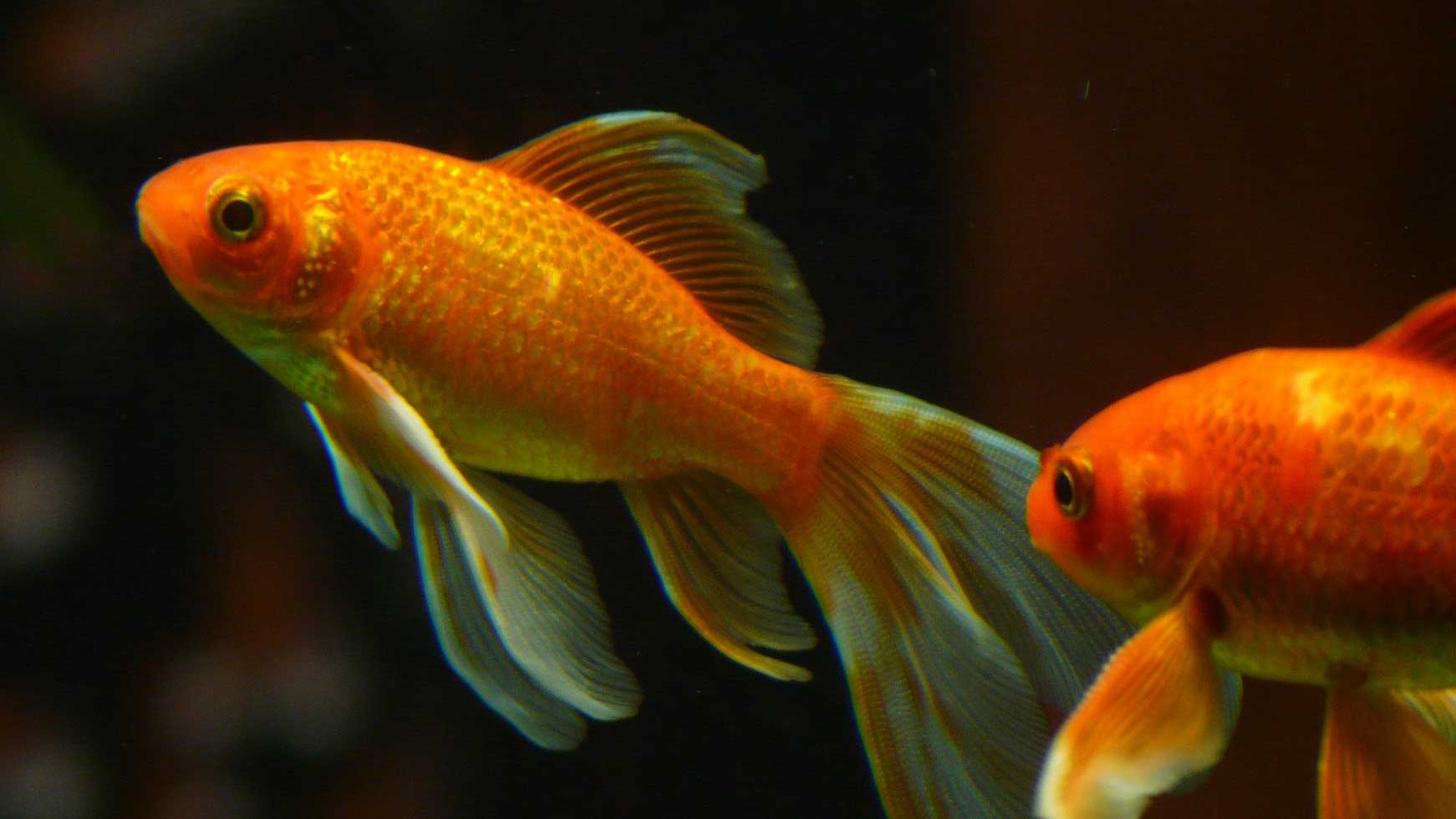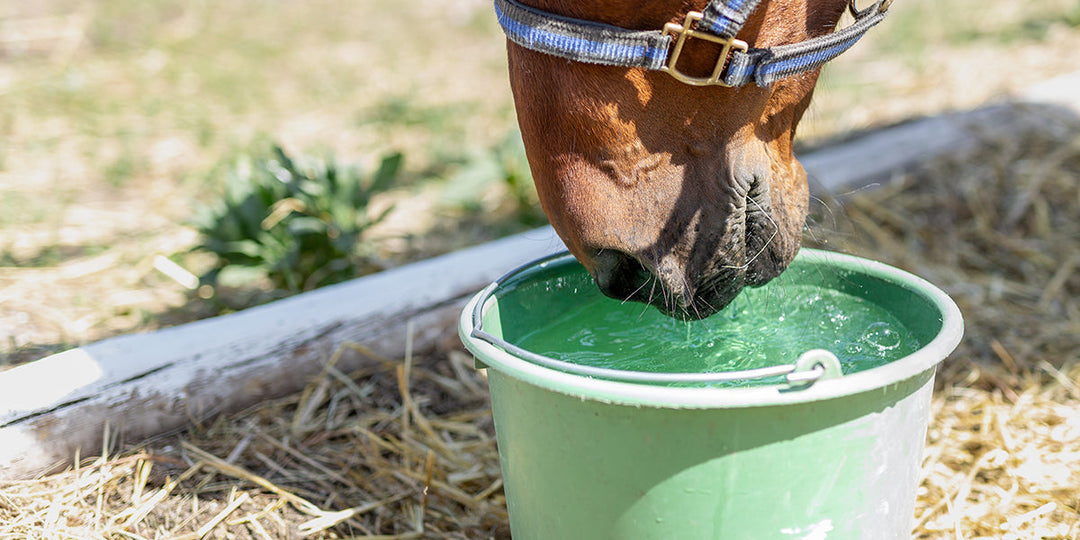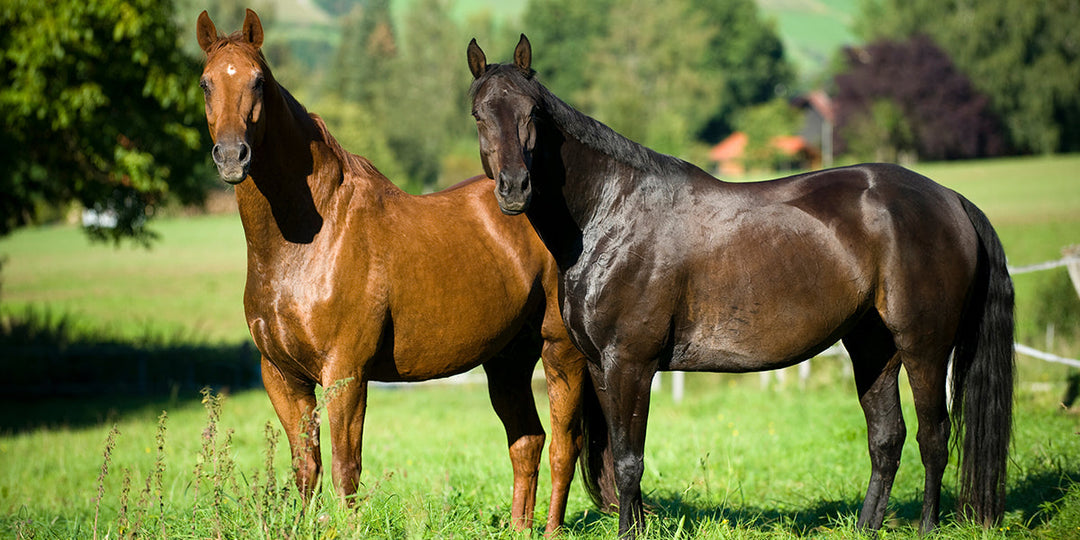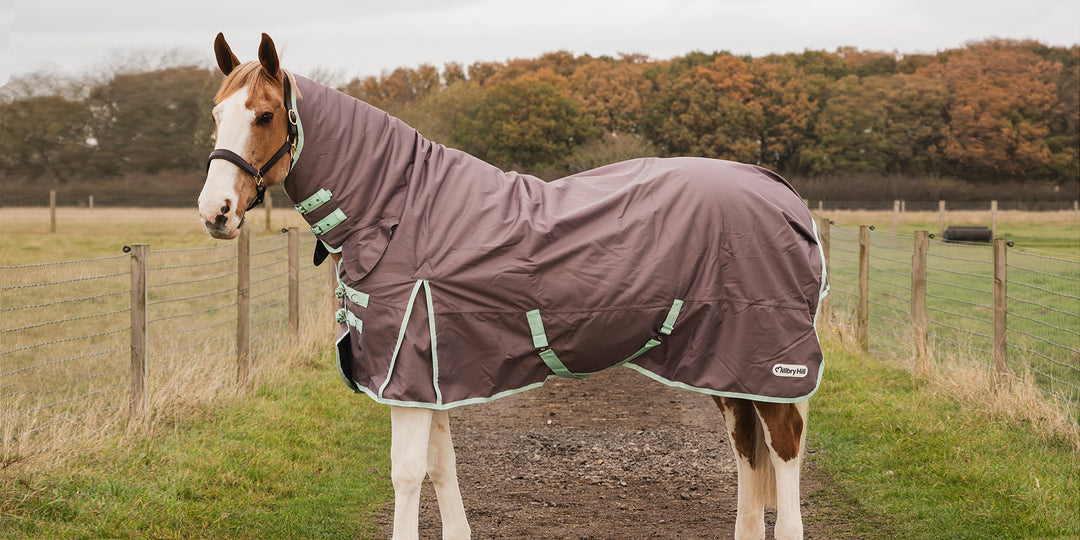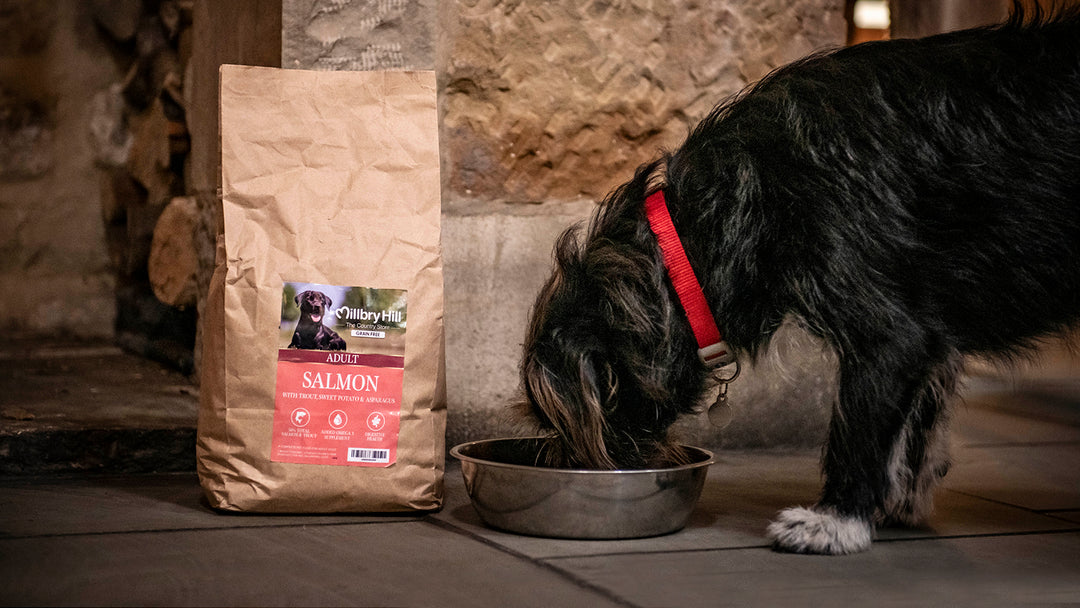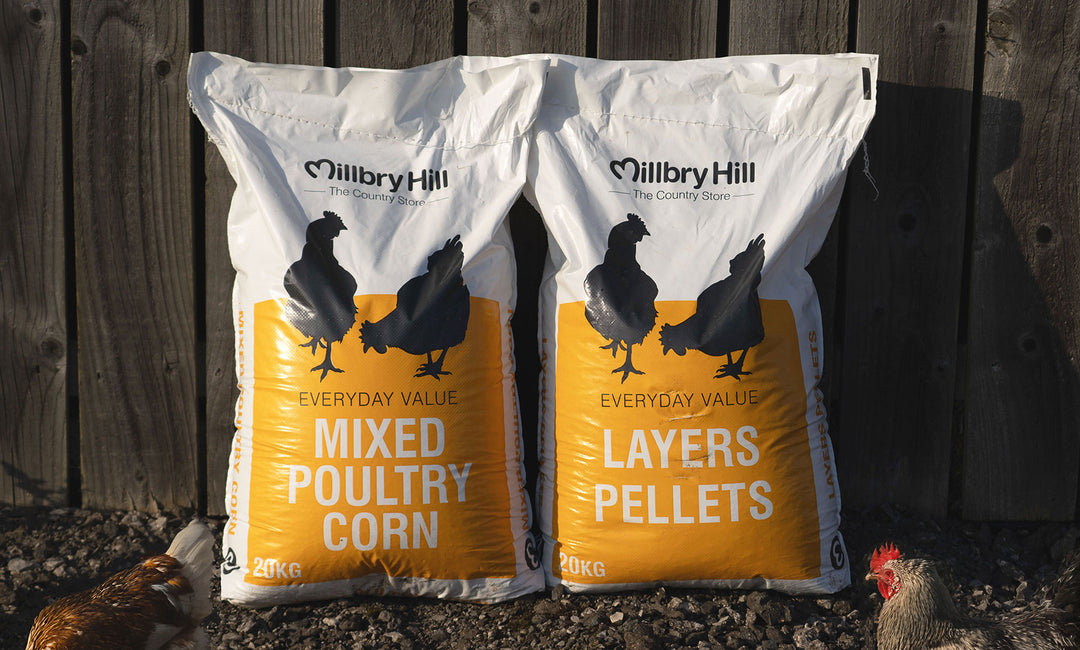The Benefits of Feeding Turmeric to Horses

The use of turmeric as a natural supplement for horses and ponies is in increasing in popularity. But does feeding turmeric to horses work?
As with any supplement, defining if a product ‘works’ will depend on what the expectations of the product are. Whilst there are unfortunately no miracle cures, many have seen marked benefits of feeding turmeric to horses to help ease common ailments such as respiratory infections, dermatitis and lameness.
What is Turmeric?
Part of the Ginger family of plants, Turmeric is derived from the underground stems of the plant Curcuma longa. Best known for its use as an Indian cooking spice, the active ingredient in turmeric is called curcumin, and it is this specific phytochemical that is known for its effectiveness in treating a variety of conditions.
Whilst most research involving curcumin has been trialled with humans, there have been recent studies both here in the UK, as well as in Germany, which have revealed that curcumin significantly reduces the inflammatory pathways found in horses suffering from osteoarthritis.
Turmeric as an Anti-Inflammatory in Horses
Turmeric is probably best known for its use as an anti-inflammatory supplement in horses, making it popular for use with horses and ponies suffering from arthritis and other conditions relating to lameness. It reduces inflammation and pain as the curcumin reduces the inflammatory pathways in the body through its ability to inhibit the cyclooxygenase enzyme 2 (COX-2), whilst maintaining COX-1
enzymatic function.
The COX-1 enzyme has an important role in protecting the horse’s stomach lining. This can make turmeric preferential to other common non-steroidal anti-inflammatories (NSAIDs) such as phenylbutazone (bute), which inhibit not only COX-2 enzymes, but also the beneficial COX-1 enzymes.
Turmeric as a Liver Detoxifier
Another common use for turmeric is for detoxifying the liver. The liver is a vital, yet relatively small organ in the horse. Responsible for monitoring the absorbed products of digestion, the liver is the body’s most important site for the detoxification of potentially dangerous compounds that have been digested or administered either intentionally or unintentionally. When the health of the liver is compromised, this can often be seen in the horse in the form of a poor coat or a lack general condition and brightness.
Curcumin found in turmeric stimulates production of bile by the gallbladder. The liver uses bile to eliminate toxins, whilst the bile also rejuvenates liver cells that breakdown harmful compounds, making turmeric a useful ‘pick-me-up’ for all horses and ponies.
Turmeric as an Antioxidant
Oxidation is the natural process that occurs when the carbohydrates, fats and proteins consumed by the horse are metabolised into energy sources. However a result of this natural process is the creation of free radicals, compounds that have the potential to irreparably damage cells. Under normal conditions, substances called antioxidants protect against damage caused by these excess free radicals, but during strenuous exercise or periods of compromised health, natural stores of antioxidants can have difficulty in providing sufficient protection, so supplementation of a source of antioxidants may be beneficial to health.
Not only is turmeric a potent antioxidant itself, but it also helps to boost the body’s own antioxidant mechanisms, making it particularly helpful in this respect.
How to Feed Turmeric to Horses.
To aid maximum absorption for optimum results, turmeric should be fed together with cracked black pepper and flax oil. Global Herbs Turmeric comes pre-mixed with 3% cracked black pepper, making this product very easy to feed.
Whilst turmeric is widely known for its safety, Turmeric should not be fed in combination with blood thinning medications (or before surgery), ulcer medications, or NSAIDs (such as bute), and veterinary advice should be sought before feeding to pregnant mares.
Global Herbs Turmeric is safe to feed with all other Global herbs products, as can be useful to support other formulas such as Restore or Alphabute. However, both the Global Herbs Skratch products and Global Herbs Fly Free also contain Turmeric so there is no need to feed together.





